SGEM#421: I Think I’d Have a Heart Attack – Maybe Not in a Rural Area?
The Skeptics' Guide to EM
NOVEMBER 25, 2023
She is the cofounder of FOAMcast and a […] The post SGEM#421: I Think I’d Have a Heart Attack – Maybe Not in a Rural Area? Background: We have covered the issue of heart attacks several times on the SGEM. These include looking at the HEART score, troponin testing and cardiovascular disease in women.



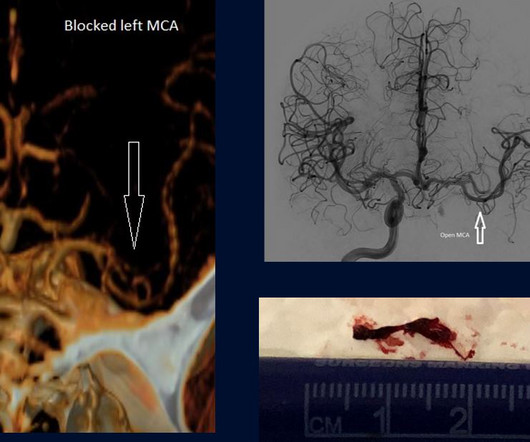
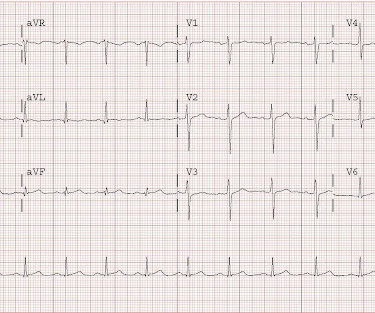
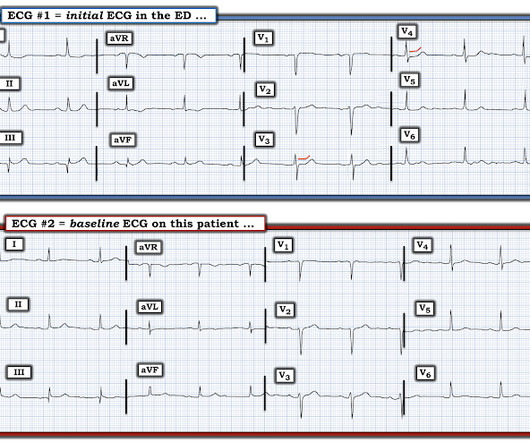
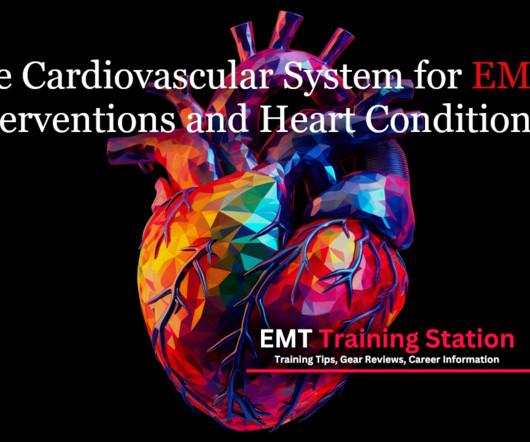

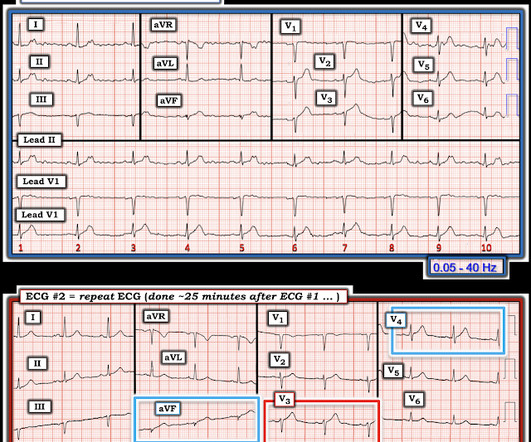
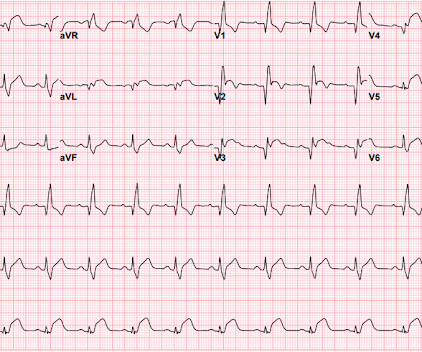
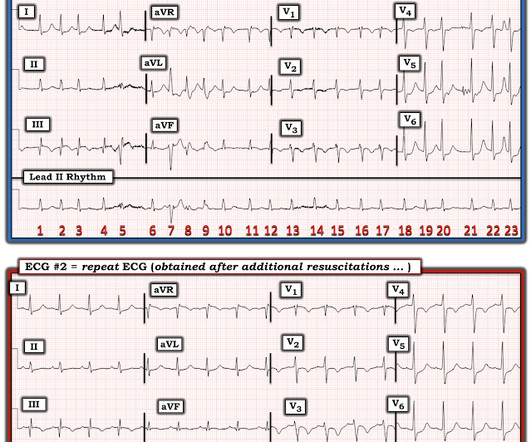
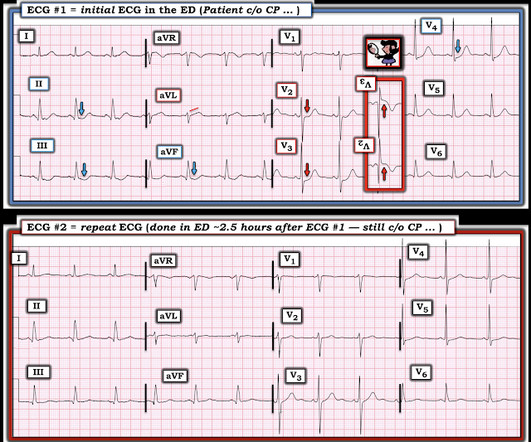







Let's personalize your content